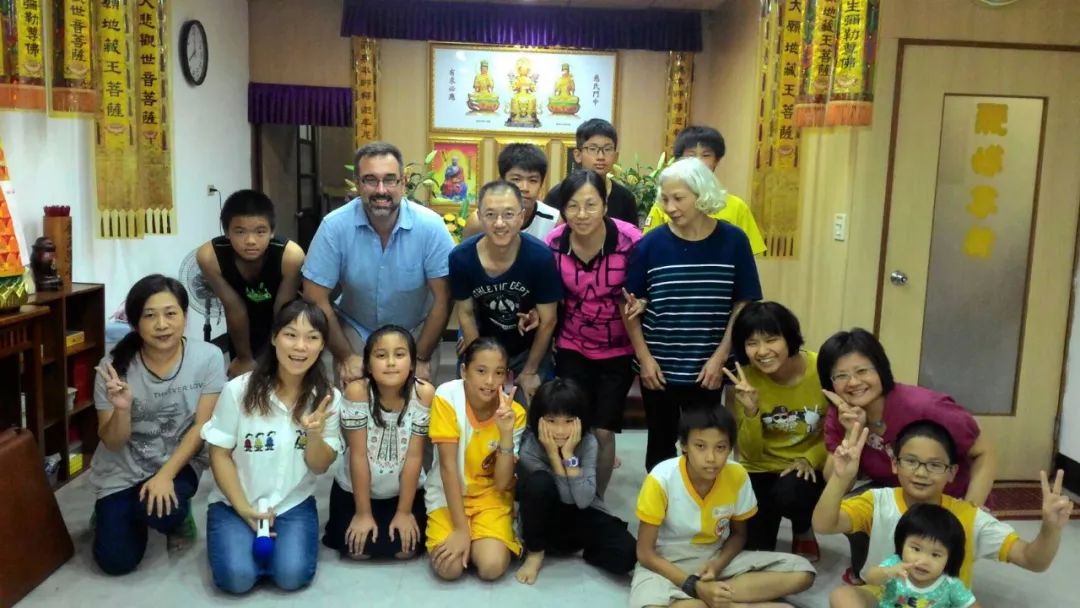
北京大學佛學研究系列講座 第25講
Devotion to Modernity: Master Taixus Maitreyan Thought and Practice
现代性的崇拜:太虛大師的彌勒思想與實踐
時 間:2019年11月3日19:00-21:00
地 點:北京大學人文學苑2號樓B112教室
主講人:芮哲 美國邁阿密大學副教授
主持人:王頌 北京大學哲學系教授
一、主講人簡介
Justin R. Ritzinger 芮哲 is associate professor of Religious Studies at the University ofMiami. He received his Ph.D. from Harvard University in 2010. A scholar ofmodern and contemporary Buddhism in Mainland China and Taiwan, he studies thedevelopment and articulation of Buddhist modernism in the Chinese-speakingworld, excavating the role played by seemingly non-modern ideas and practicesin that movement. He is the author of Anarchyin the Pure Land: Reinventing the Cult of Maitreya in Modern Chinese Buddhism(Oxford University Press, 2003) and has published on topics including Buddhisteschatology, engagements with anarchism and evolutionary theory, and thedynamics of Buddhist tourism development in contemporary China. He is currentlyworking on an ethnographic study of a blue-collar lay Buddhist organization.

二、內容提要
Taixu is widely seen as a pivotal figure inthe emergence of a modern Buddhism in China. Although recent scholarship hasbegun to expand and nuance our understanding of his life and thought, heremains best remembered for ideas such as Human Life Buddhism 人生佛教 and the Pure Land on Earth 人间净土. As a resultit has been easy to see him as a classic “modernizing” figure, concerned torationalize and demythologize his tradition. Yet he was also a devotee of thebodhisattva Maitreya and a vigorous proponent of his pure land. This presentsan apparent anomaly: In his Maitreyan thought, Taixu shows precisely the kindof concern for ritual, supernatural beings, and the afterlife that is oftenassumed to be rejected in the name of “modernity.” To make sense of thisrequires a new perspective on the formulation of alternative modernities. Thislecture draws on Charles Taylor’s notion of moral frameworks to argue that thecult of Maitreya represents an attempt to articulate a new constellation ofvalues that integrates novel understandings of the Good clustered around modernvisions of utopia with the central Buddhist value of Buddhahood.
主辦單位:北京大學佛教研究中心
特別鳴謝:廣東四會六祖寺